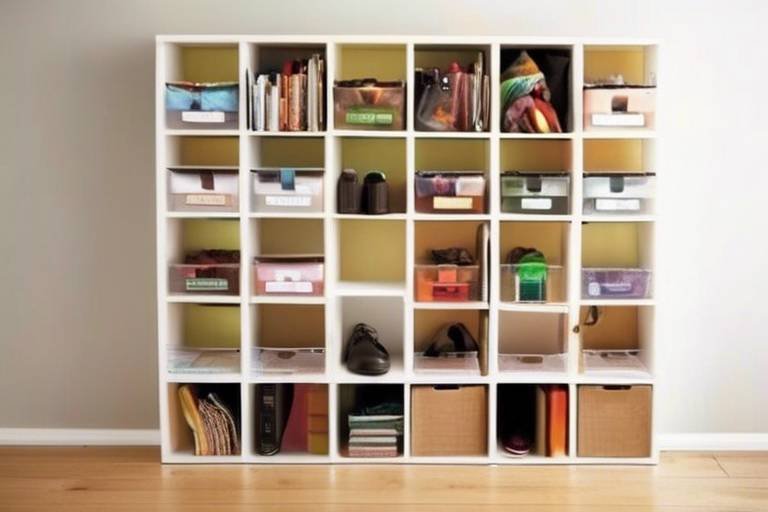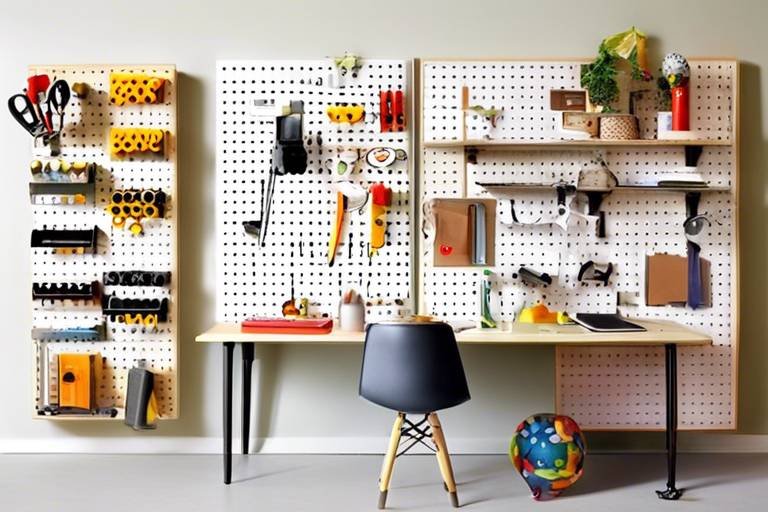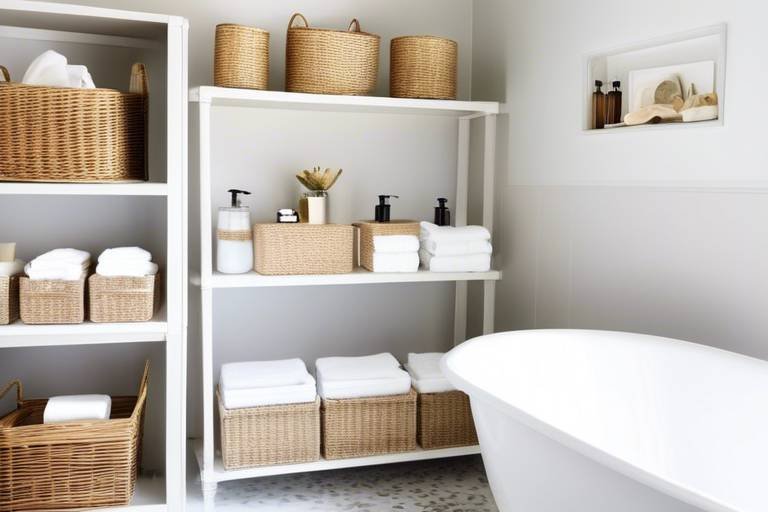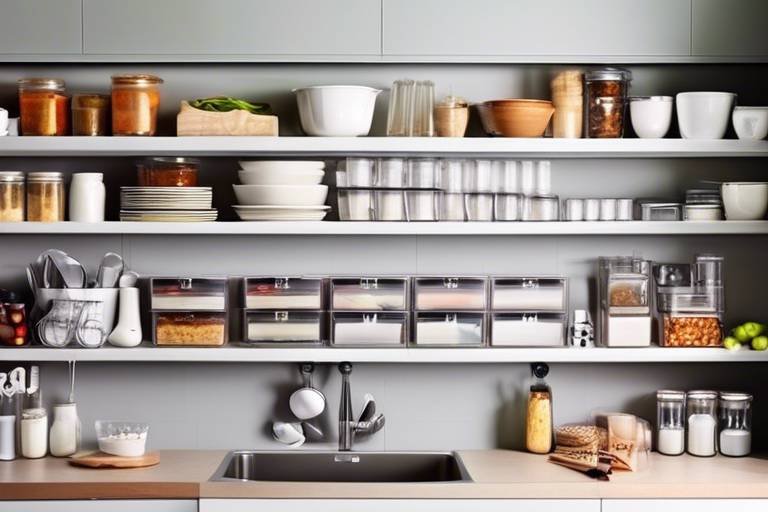The Benefits of Minimalist Living for a Clutter-Free Home
Minimalist living offers a plethora of benefits for those seeking a clutter-free and organized home environment. By embracing minimalism, individuals can create a space that promotes simplicity, mindfulness, and overall well-being.
One of the key advantages of minimalist living is the reduction of stress and anxiety. Decluttering spaces leads to fewer visual distractions, creating a calmer atmosphere that can significantly lower stress levels and alleviate anxiety.
Moreover, a minimalist lifestyle enhances focus and productivity. A clutter-free home provides a conducive environment for concentration and efficient work, as there are fewer distractions that can hinder productivity.
Financial stability is another positive outcome of minimalist living. By focusing on purchasing only essential items and avoiding unnecessary expenses, individuals can save money and work towards achieving long-term financial goals.
Minimalist living also encourages sustainable practices by reducing consumption, waste generation, and overall environmental impact. This contributes to a more eco-friendly lifestyle and promotes a sense of responsibility towards the planet.
Furthermore, a clutter-free space fosters creativity and inspiration. With a clear and organized environment, individuals can think more clearly, explore new ideas, and engage in creative pursuits that may have been hindered by clutter.
Improved mental and emotional well-being is another significant benefit of minimalist living. By reducing feelings of overwhelm and promoting a sense of calm, minimalism can enhance overall happiness and contentment in daily life.
Living minimally also cultivates better relationships by encouraging individuals to prioritize meaningful connections and experiences. This fosters deeper relationships with others and enhances overall social well-being.
Additionally, minimalist living can have positive effects on physical health by creating a clean and organized living space that supports healthy habits such as regular exercise and proper nutrition. A clutter-free environment can promote overall wellness and a healthier lifestyle.
In conclusion, the benefits of minimalist living extend far beyond just a clutter-free home. By embracing minimalism, individuals can experience reduced stress, improved focus, financial stability, sustainable practices, enhanced creativity, better relationships, improved mental and emotional well-being, and overall physical health and wellness.
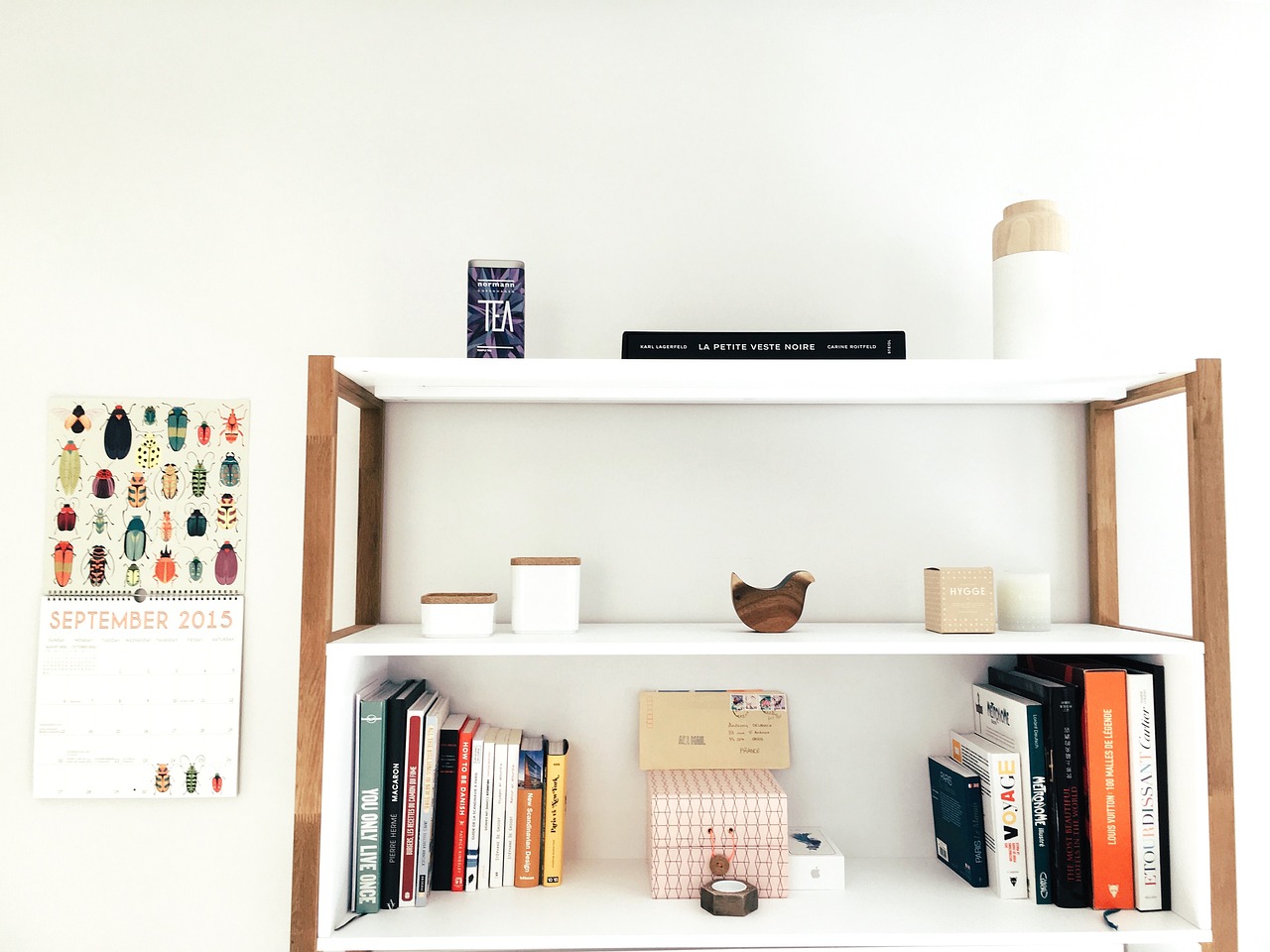
Reducing Stress and Anxiety
Exploring the advantages of minimalist living in creating a clutter-free and organized home environment that promotes simplicity, mindfulness, and overall well-being.
Minimalist living helps in decluttering spaces, leading to less visual distraction and a calmer environment, which can reduce stress and anxiety levels significantly. By removing excess items and simplifying the living space, individuals can create a peaceful sanctuary that promotes relaxation and mental clarity.
Imagine walking into a room with only the essential items you need, free from clutter and chaos. The sense of calm and tranquility that comes with a minimalist environment can have a profound impact on your mental well-being. Instead of feeling overwhelmed by a messy space, you can experience a sense of peace and serenity that allows you to unwind and destress after a long day.
Moreover, a clutter-free home can help in fostering a sense of control and organization, reducing feelings of anxiety and promoting a more positive mindset. When your living space is tidy and uncluttered, it can positively influence your mental state, allowing you to focus on what truly matters and let go of unnecessary worries.
Incorporating minimalist principles into your home can be a powerful tool in managing stress and anxiety, creating a harmonious environment that supports your overall well-being.

Enhancing Focus and Productivity
Exploring the advantages of minimalist living in creating a clutter-free and organized home environment that promotes simplicity, mindfulness, and overall well-being.
Living in a clutter-free environment can do wonders for your focus and productivity. Imagine walking into a room with everything in its place, no distractions, just a clear space ready for you to dive into your tasks. This kind of setting allows your mind to concentrate better, without the chaos of clutter pulling your attention in different directions. It's like having a clean canvas where you can paint your most creative ideas without any distractions clouding your vision.
By minimizing the visual noise around you, you create a space that fosters deep concentration and efficient work. It's like having a quiet library where you can fully immerse yourself in your tasks without any interruptions. This kind of environment not only boosts your productivity but also enhances the quality of your work, as you can dedicate your full attention to the task at hand.
Moreover, a clutter-free home promotes a sense of calm and order, which can further enhance your focus and productivity. Just like a well-organized desk helps you find things quickly and efficiently, a minimalist living space allows you to navigate through your day with ease, knowing exactly where everything is placed. This kind of structured environment can streamline your workflow and make you more efficient in your daily activities.
Overall, by embracing minimalist living and decluttering your space, you are creating a conducive environment for deep focus, heightened productivity, and a sense of clarity that can elevate your work to new heights.
- How can I start transitioning to a minimalist lifestyle?
- Is minimalist living suitable for families with children?
- Can minimalist living save money in the long run?
Transitioning to a minimalist lifestyle can be a gradual process. Start by decluttering one room at a time, focusing on items that no longer serve a purpose or bring you joy. Consider the value of each item in your life and let go of things that only contribute to clutter.
Minimalist living can benefit families with children by creating a more organized and stress-free environment. Involving children in decluttering and teaching them the value of simplicity can help instill good habits from a young age.
Yes, minimalist living can lead to financial savings by reducing unnecessary purchases and focusing on essential items. By avoiding impulse buys and prioritizing quality over quantity, individuals can build a more sustainable and budget-conscious lifestyle.

Promoting Financial Stability
Exploring the advantages of minimalist living in creating a clutter-free and organized home environment that promotes simplicity, mindfulness, and overall well-being.
Minimalist living goes beyond just decluttering physical spaces; it extends to financial well-being as well. By embracing a minimalist lifestyle, individuals can significantly impact their financial stability. How does minimalist living contribute to financial well-being? Let's delve into the details.
One of the key aspects of minimalist living is the focus on buying only essential items. This intentional approach to consumption helps individuals avoid unnecessary purchases, impulse buys, and the accumulation of items that do not add value to their lives. By consciously choosing to invest in quality over quantity, individuals can save money in the long run.
Moreover, minimalist living encourages individuals to prioritize long-term financial goals over short-term gratification. By eliminating the desire for material possessions that provide temporary satisfaction, individuals can redirect their resources towards building savings, investments, and financial security.
Another financial benefit of minimalist living is the reduction of ongoing expenses. With fewer possessions to maintain, repair, or replace, individuals can minimize their overall spending. Additionally, the practice of decluttering can uncover items that can be sold or repurposed, providing an opportunity to generate extra income.
Furthermore, minimalist living promotes mindful spending habits. Before making a purchase, individuals are encouraged to consider the value and utility of the item, rather than succumbing to impulse or societal pressure. This thoughtful approach to spending not only saves money but also cultivates a sense of contentment and gratitude for what one already possesses.
In essence, minimalist living can be a powerful tool for promoting financial stability. By embracing simplicity, intentional consumption, and mindful financial practices, individuals can achieve greater control over their finances, reduce financial stress, and work towards long-term financial security.
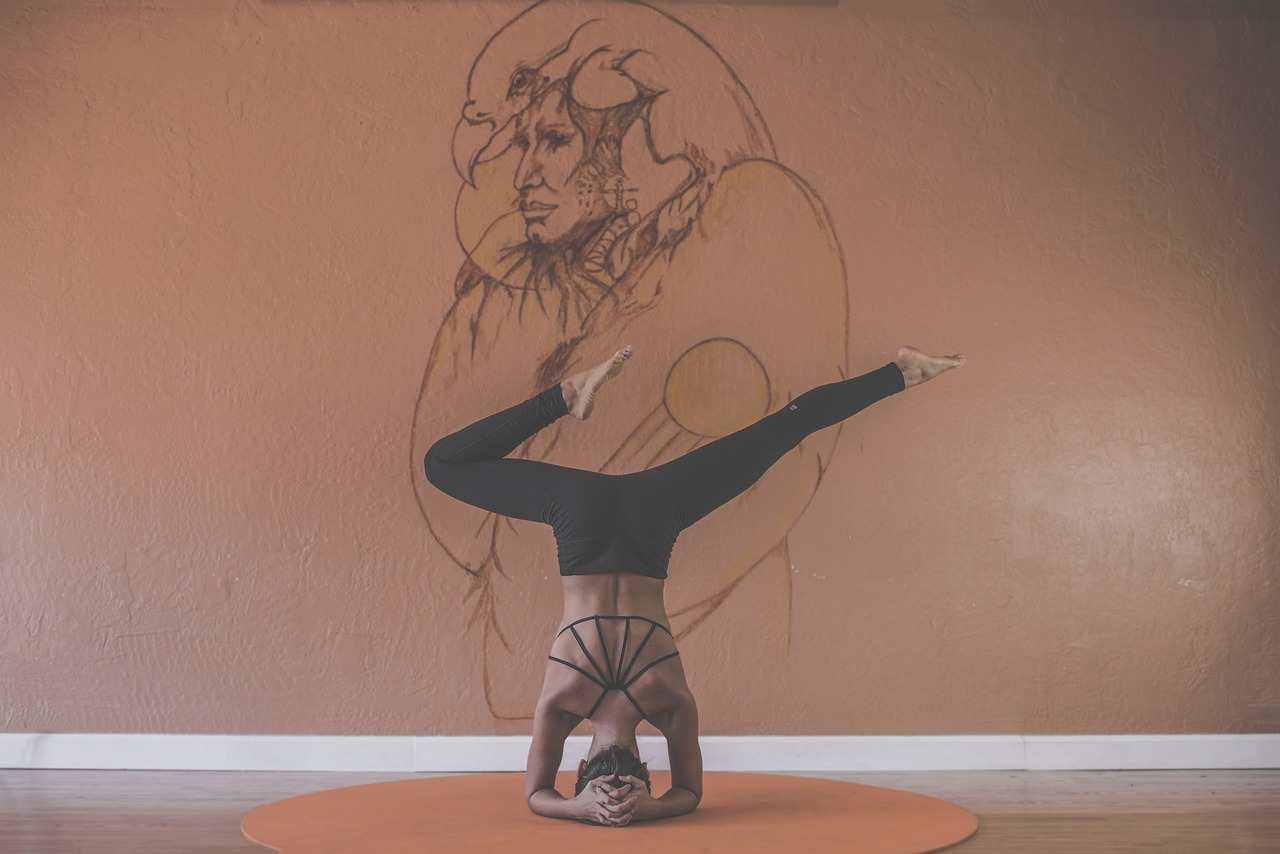
Encouraging Sustainable Practices
Exploring the advantages of minimalist living in creating a clutter-free and organized home environment that promotes simplicity, mindfulness, and overall well-being.
Embracing minimalist living not only benefits personal well-being but also encourages sustainable practices that have a positive impact on the environment. By reducing consumption and waste generation, individuals contribute to a more eco-friendly lifestyle. This shift towards minimalism promotes a mindset of mindful consumption, where individuals prioritize quality over quantity, leading to long-lasting and sustainable choices.
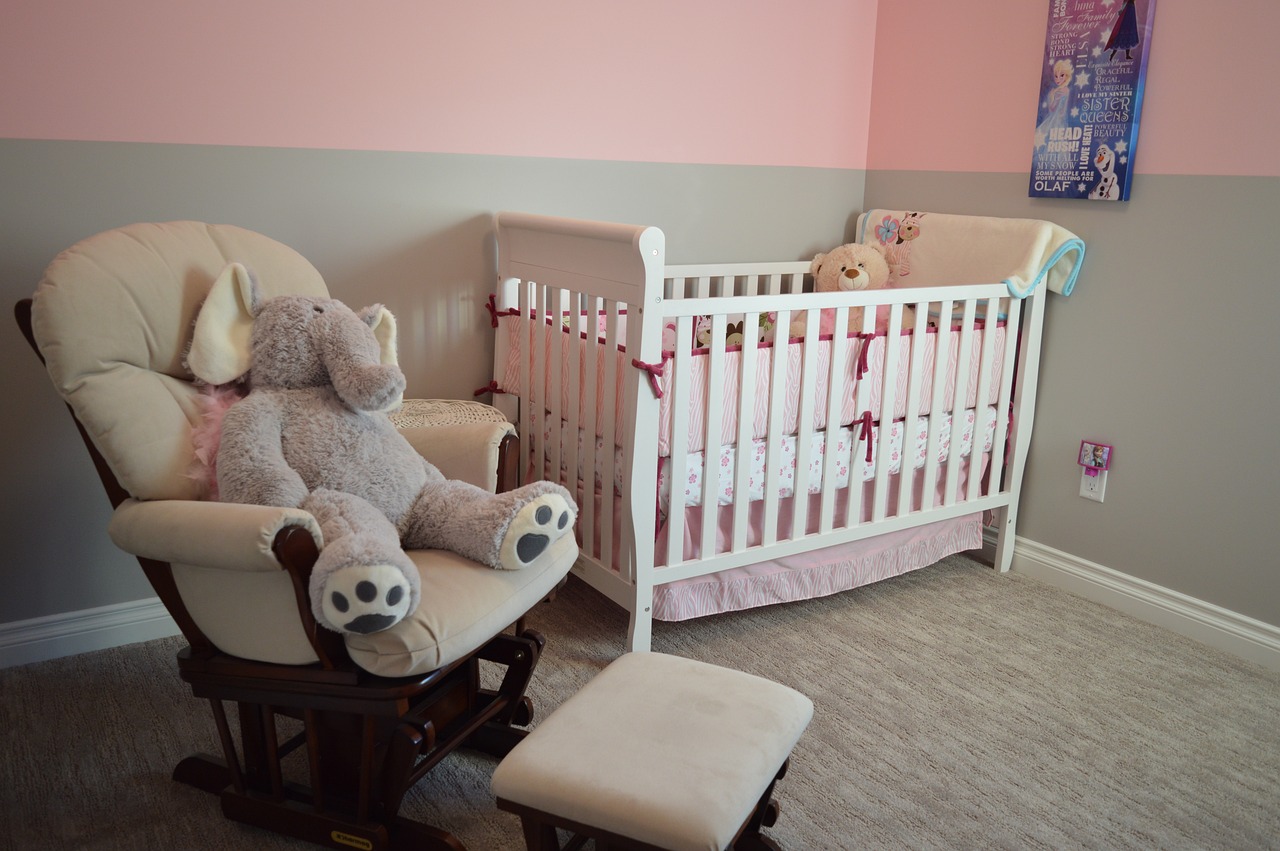
Fostering Creativity and Inspiration
Fostering creativity and inspiration is a key benefit of minimalist living that often goes unnoticed. When our surroundings are cluttered and chaotic, our minds tend to mirror that disarray, hindering our ability to think clearly and creatively. However, by embracing minimalism and decluttering our living spaces, we create room for inspiration to flourish.
Imagine your mind as a blank canvas, ready to be filled with innovative ideas and creative thoughts. A clutter-free environment acts as a blank canvas, allowing your mind to roam freely and explore new avenues of creativity. With fewer distractions and visual noise, you can focus on what truly matters, giving rise to fresh ideas and artistic pursuits.
Minimalist living encourages you to surround yourself only with items that hold meaning and purpose, sparking inspiration in unexpected ways. By curating your space mindfully, you create a sanctuary that nurtures your creativity and fuels your imagination. Whether it's a minimalist desk setup or a serene living room, each space can serve as a source of inspiration and innovation.
Moreover, minimalism instills a sense of clarity and focus, enabling you to channel your creative energy more effectively. With a clear mind and an uncluttered environment, you can delve deep into your creative endeavors without the weight of unnecessary possessions holding you back. This newfound mental space allows for unrestricted exploration and experimentation, leading to breakthroughs and artistic growth.
In essence, fostering creativity and inspiration through minimalist living is about creating an environment that supports and nurtures your creative spirit. By simplifying your surroundings and embracing the beauty of less, you invite inspiration to take center stage, empowering you to unleash your full creative potential.

Improving Mental and Emotional Well-being
Exploring the advantages of minimalist living in creating a clutter-free and organized home environment that promotes simplicity, mindfulness, and overall well-being.
Embracing a minimalist lifestyle can have a profound impact on mental and emotional well-being. By decluttering your living space, you are also decluttering your mind. The sense of calm and tranquility that comes from a minimalist environment can help reduce feelings of overwhelm and anxiety. When you are surrounded by only the things that truly matter to you, it becomes easier to focus on what brings you joy and contentment.
Imagine your mind as a room filled with unnecessary items that only serve to create chaos and confusion. By simplifying and organizing this mental space, you create room for clarity, peace, and positive emotions to flourish. Minimalist living encourages you to let go of excess baggage, both physical and emotional, allowing you to prioritize self-care and mental well-being.
Furthermore, a clutter-free environment can enhance your mood and energy levels. When you enter a clean and tidy space, you are more likely to feel relaxed and at ease. This positive atmosphere can have a ripple effect on your overall emotional state, promoting happiness and contentment in your daily life.
Additionally, minimalist living encourages mindfulness and intentionality in your actions and decisions. By being more conscious of the items you bring into your home and the experiences you choose to engage in, you cultivate a sense of gratitude and appreciation for the present moment. This mindfulness practice can lead to greater emotional resilience and a deeper connection to yourself and those around you.
In essence, adopting a minimalist lifestyle is not just about decluttering your physical space; it's about decluttering your mind and soul. By prioritizing mental and emotional well-being through simplicity and intentionality, you can create a harmonious and fulfilling life that nurtures your inner self.
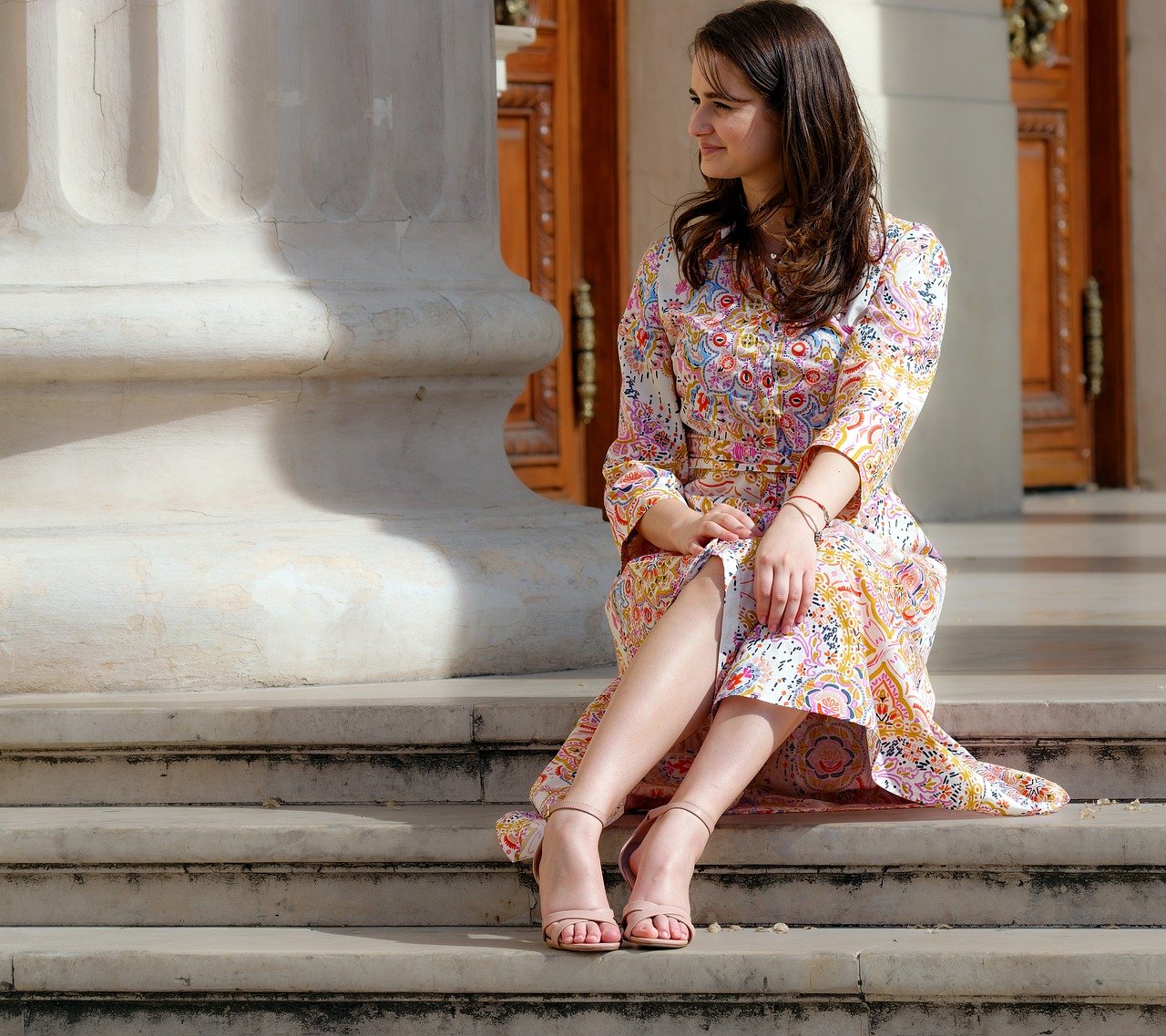
Cultivating Better Relationships
Exploring the advantages of minimalist living in creating a clutter-free and organized home environment that promotes simplicity, mindfulness, and overall well-being.
Living minimally not only declutters your physical space but also declutters your social life. By focusing on meaningful relationships and experiences, minimalist living fosters deeper connections with others and enhances overall social well-being. When you prioritize quality over quantity in your relationships, you create space for genuine connections and meaningful interactions. This approach encourages open communication, empathy, and understanding, leading to stronger and more fulfilling relationships.
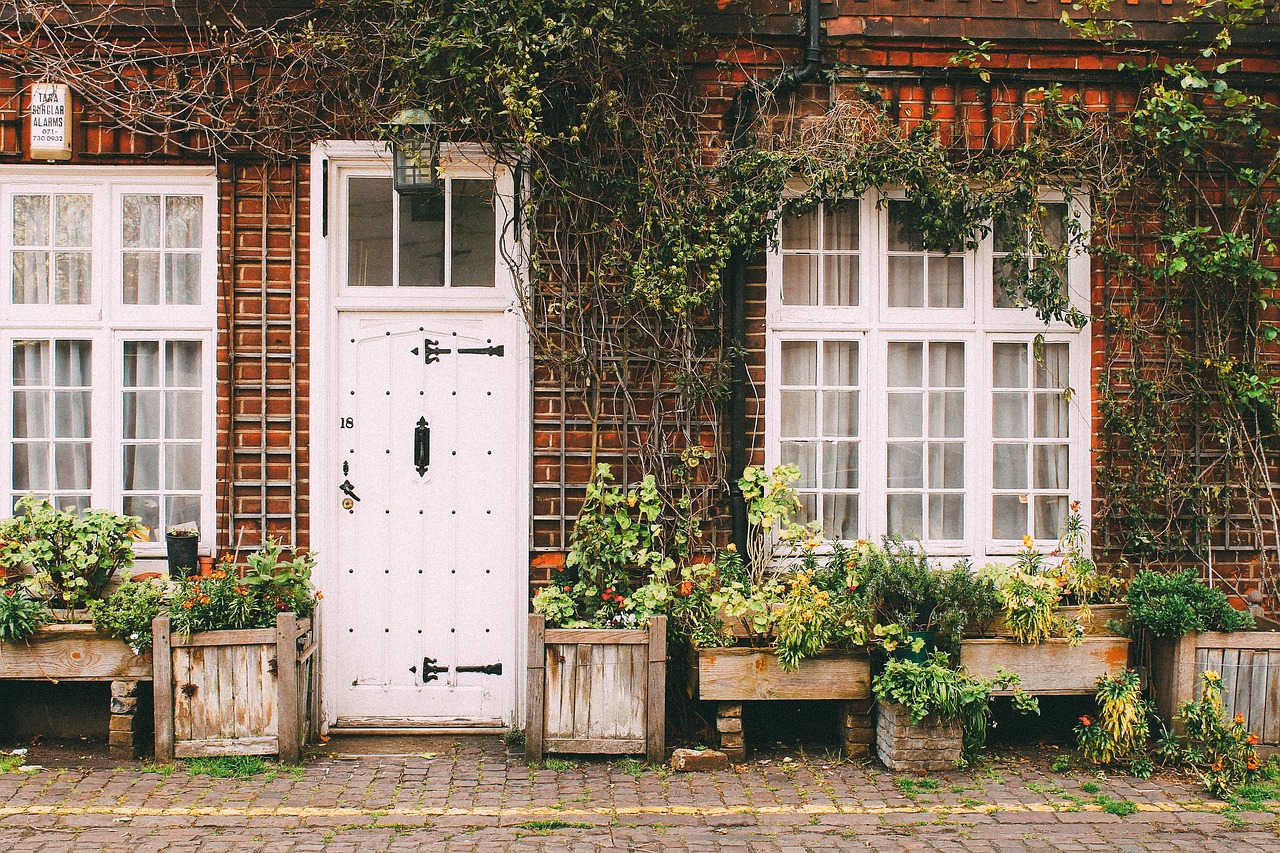
Promoting Physical Health and Wellness
Living a minimalist lifestyle not only benefits the mind and spirit but also plays a crucial role in promoting physical health and overall wellness. By creating a clean and organized living space, individuals are more likely to engage in healthy habits that contribute to their well-being.
Imagine your home as a sanctuary where every item has its place, allowing you to move freely and engage in physical activities without obstacles. A clutter-free environment promotes a sense of calm and encourages regular exercise, whether it's practicing yoga in a spacious room or setting up a small home gym for daily workouts.
Moreover, a minimalist approach to living extends to the kitchen, where emphasis is placed on essential cooking tools and ingredients. With a simplified and organized pantry, meal preparation becomes more efficient, leading to healthier eating habits and better nutrition.
Additionally, a well-maintained living space reduces the risk of accidents and injuries, as there are no unnecessary items cluttering walkways or posing hazards. This focus on safety and functionality enhances overall physical well-being and provides a sense of security within the home environment.
Furthermore, the minimalist mindset extends beyond the physical space to self-care practices. By prioritizing quality over quantity, individuals can invest in self-care products that promote relaxation, rejuvenation, and overall wellness. Creating a calming bedtime routine in a clutter-free bedroom can improve sleep quality and contribute to better mental and physical health.
Frequently Asked Questions
- What is minimalist living?
Minimalist living is a lifestyle approach focused on owning and living with only the essential items that bring value and joy, while decluttering and simplifying living spaces.
- How can minimalist living reduce stress and anxiety?
Minimalist living reduces stress and anxiety by creating a visually calm and organized environment, free of clutter and distractions that can overwhelm the mind.
- Does minimalist living mean getting rid of everything I own?
No, minimalist living is about intentional ownership and keeping items that serve a purpose or bring happiness. It's not about deprivation, but rather about mindful consumption and living with less excess.
- Can minimalist living save money?
Absolutely! Minimalist living can lead to financial stability by curbing unnecessary spending, focusing on needs over wants, and prioritizing long-term financial goals.
- How does minimalist living contribute to sustainability?
Minimalist living promotes sustainability by reducing consumption, waste, and environmental impact. By consuming less and choosing quality over quantity, individuals can help protect the planet.
- Does minimalist living mean sacrificing personal style and creativity?
Not at all. Minimalist living can actually enhance creativity by providing a clear and inspiring space for self-expression. It's about quality over quantity, allowing personal style to shine through intentional choices.


